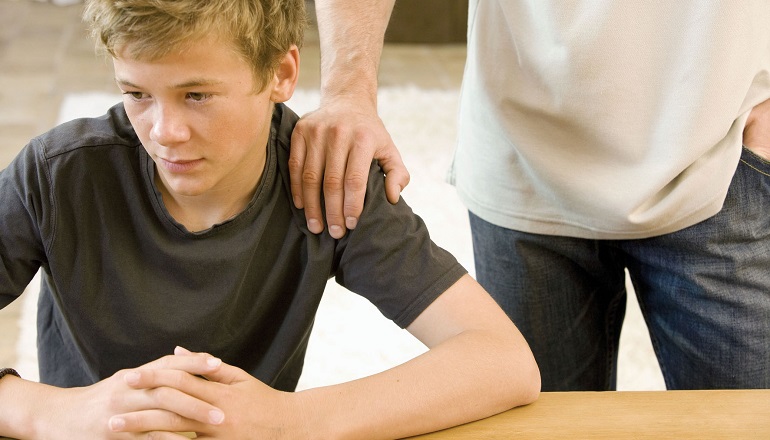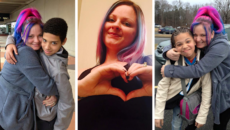You might think that our kids, many of whom have already faced dramatic struggles, would be particularly at risk from the effects of divorce. In fact, research has long found that adopted and nonadopted children are equally impacted by divorce. Still, there are some problems to be aware of.
Children have been told that their adoption is permanent, and that their parents will be there for them for the rest of their lives. They assume that means their parents will always be physically present in their homes. Some children see promises made during a marriage dissolve with divorce, and they may fear that promises made during their adoption could dissolve as well. If their parents no longer love each other, maybe they no longer love him. In many families, what led to the divorce is not told to the child, so the child may feel responsible for the divorce.
How Children React
Parents should expect anger from the child. Children have some understanding of relationships, and may blame one parent for the divorce, or for sending the other parent away. They may be angry with both parents for not staying together, and the anger may show up at surprising moments. Ten-year-old Jamie, for example, became frustrated while studying, and took out his anger on his mother, screaming, “If Daddy were here, he’d know how to help me with my math. He left because of you!”
Troubled children can’t concentrate at school, and may need extra help with homework. They may have difficulty falling or staying asleep. Temper tantrums or crying spells are normal, as are nightmares. Dividing time with separated parents may increase anxiety, and some childrens behavior regresses to that of a much younger child.
How Parents Can Help
1. Reassure your child that adult relationships are complicated, and that the reasons for the separation have nothing to do with the child. Her behavior or presence did not cause the divorce.
2. Stick to familiar routines and surroundings. If possible, avoid changing the childs school. Allow the child to share in the furnishing or creation of a new bedroom, if necessary, and to bring familiar objects to his new space.
3. Maintain phone contact with the absent parent, and talk about the other parent positively. Whenever possible, both parents should attend special events in the childs life.
4. Encourage your child to talk openly about her feelings. It’s OK for parents to admit that the divorce is hard for them as well. A parent who keeps promises after the divorce will help her child to rebuild trust in the adults she depends on.
5. Provide your child with a peer group that shares her experience. She will benefit from associating with other children whose parents live separately.


